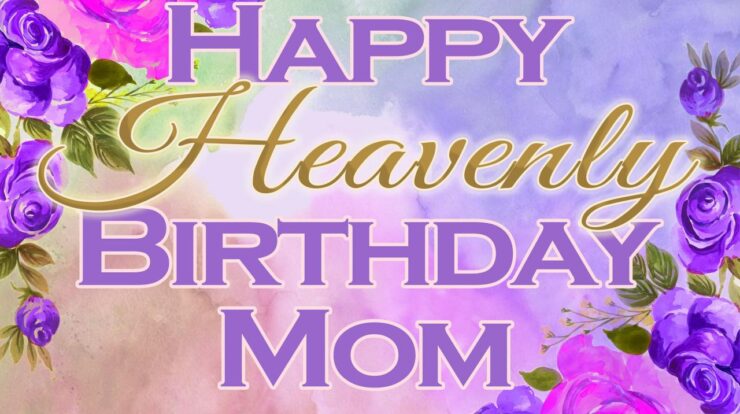
When is Kings Day? This question marks the beginning of an enthralling journey into the heart of a vibrant national holiday celebrated in the Netherlands. With its origins steeped in history and a kaleidoscope of cultural traditions, Kings Day is a spectacle that captivates the imagination.
The origins of Kings Day can be traced back to the 19th century, when it was known as Queen’s Day in honor of Queen Wilhelmina. Over the years, the celebration has evolved to commemorate the reigning monarch, currently King Willem-Alexander.
Historical Significance of King’s Day
King’s Day, a national holiday in the Netherlands, holds deep historical roots. The holiday originated in the 19th century as a celebration of the birth of King Willem I, who reigned from 1815 to 1840. Over the years, the holiday evolved to honor the reigning monarch and commemorate the Dutch monarchy’s role in shaping the nation’s history.
Key Historical Figures
King Willem I, known as the “Father of the Fatherland,” is a central figure in the history of King’s Day. His birthday, April 27th, was first designated as a national holiday in 1885. Queen Juliana, who reigned from 1948 to 1980, played a significant role in modernizing the celebration and promoting its status as a day of national unity.
Timeline of Events
* 1885: King Willem I’s birthday becomes a national holiday.
1901
The holiday is renamed “Queen’s Day” in honor of Queen Wilhelmina.
1949
Queen Juliana’s birthday, April 30th, becomes the official date of the holiday.
1980
Queen Beatrix ascends to the throne, and the holiday is celebrated on her birthday, January 31st.
2013
King Willem-Alexander becomes the first male monarch in over a century, and the holiday is once again celebrated on April 27th.
Cultural Traditions and Celebrations
King’s Day is celebrated throughout the Netherlands with a vibrant array of customs and rituals. The holiday is characterized by the colors orange, blue, and white, which symbolize the Dutch royal family and national pride.
Orange Decorations
Orange is the predominant color of King’s Day, reflecting the color of the Dutch royal family’s House of Orange-Nassau. Streets, homes, and businesses are adorned with orange decorations, including flags, balloons, and clothing.
Street Markets
Street markets are a prominent feature of King’s Day celebrations. Vendors set up stalls selling a variety of goods, from traditional Dutch food and drinks to handmade crafts and souvenirs.
Music and Dance
Music and dance play an integral role in the festivities. Traditional Dutch folk songs are performed, and live music fills the streets. People often gather in squares and parks to dance and enjoy the entertainment.
Contemporary Celebrations and Adaptations: When Is Kings Day
King’s Day has undergone significant evolution in recent years, influenced by social media and technology.
Social Media
Social media platforms have become an integral part of King’s Day celebrations. People share photos and videos of their experiences, connect with friends and family, and follow the festivities in real-time.
Technology
Technology has also played a role in shaping the celebration. Mobile apps provide information about events and activities, and digital payment methods have made it easier for people to purchase goods and services during the festivities.
Innovative Celebrations
People have found creative ways to celebrate King’s Day, such as organizing themed parties, hosting online competitions, and creating unique orange-themed dishes and drinks.
Regional Variations and Local Customs
King’s Day celebrations vary across different regions of the Netherlands.
Unique Traditions
Each region has its own unique traditions and practices associated with King’s Day. In the northern province of Friesland, for example, people participate in “Fierljeppen,” a traditional sport involving jumping over canals on a pole.
Local Customs
Local customs shape the celebration in specific cities and towns. In Amsterdam, the canals are filled with orange-decorated boats, while in Maastricht, people gather in the Vrijthof square for a large open-air concert.
Economic and Social Impact of King’s Day

King’s Day has a significant economic and social impact on the Netherlands.
Economic Benefits
The holiday generates substantial revenue for businesses, particularly in the retail, hospitality, and tourism sectors. Many people take advantage of the long weekend to travel and visit tourist destinations.
Social Significance, When is kings day
King’s Day is a time for community gathering and unity. It provides an opportunity for people to come together and celebrate their shared national identity. The holiday fosters a sense of belonging and reinforces the bonds that connect the Dutch people.
Wrap-Up
Kings Day is a testament to the rich cultural heritage of the Netherlands, a day when the streets come alive with vibrant colors, music, and laughter. It is a celebration of unity, a time for families and friends to gather and create memories that will last a lifetime.
Quick FAQs
When is Kings Day celebrated?
Kings Day is celebrated on April 27th every year.
What are the traditional colors of Kings Day?
The traditional colors of Kings Day are orange, blue, and white, which represent the Dutch royal family.
What is the significance of the vrijmarkt on Kings Day?
The vrijmarkt, or free market, is a popular tradition on Kings Day where people can sell their used goods.





